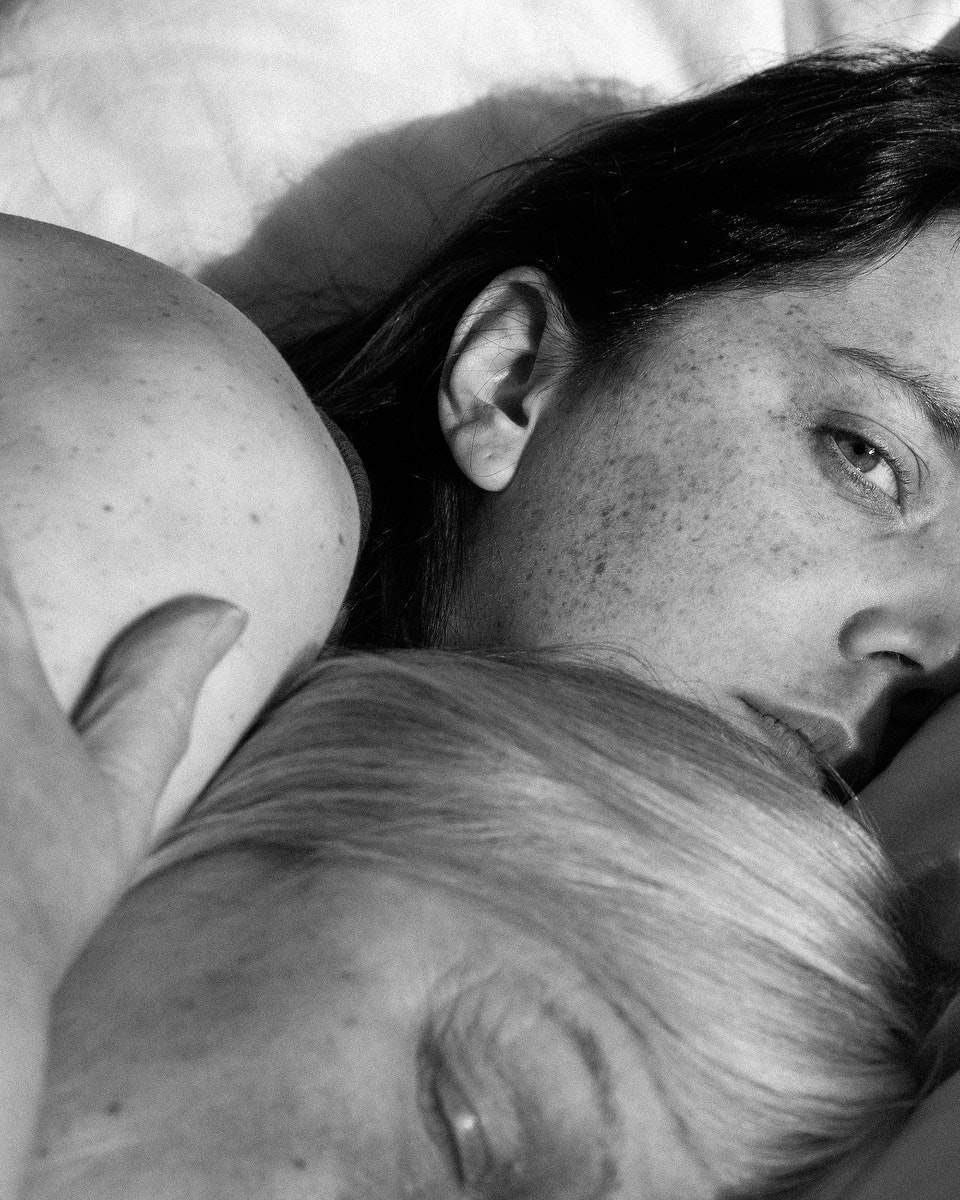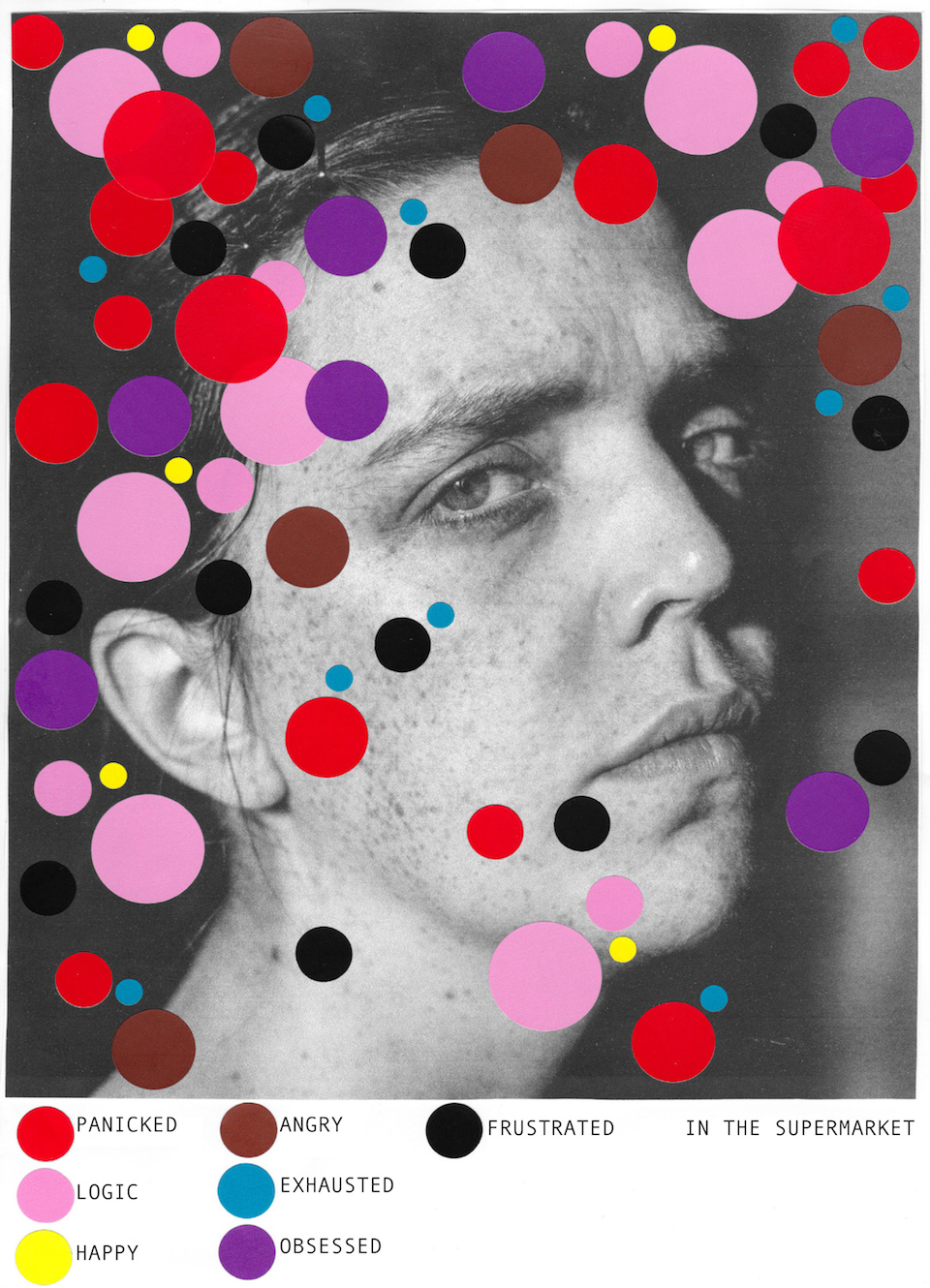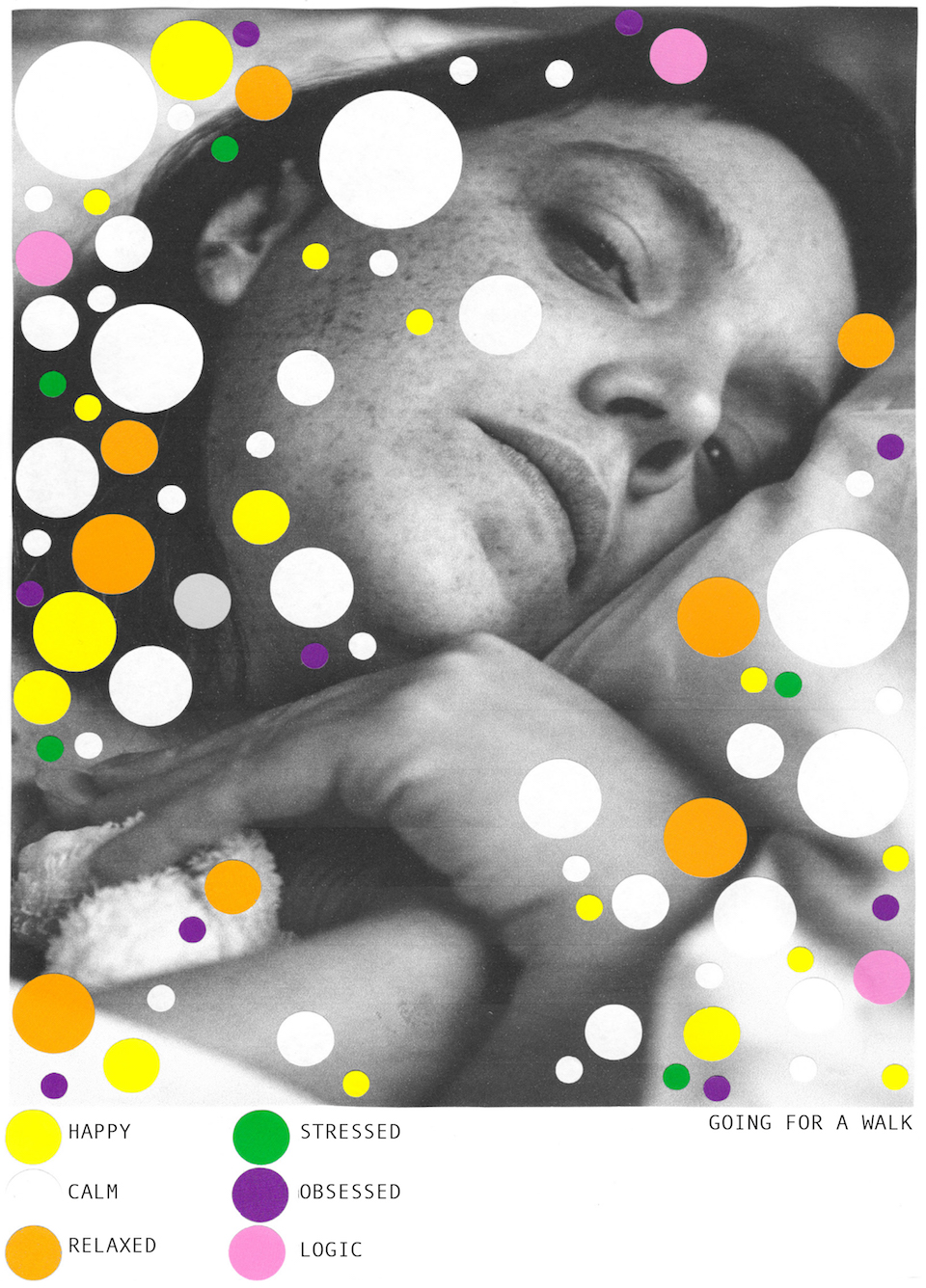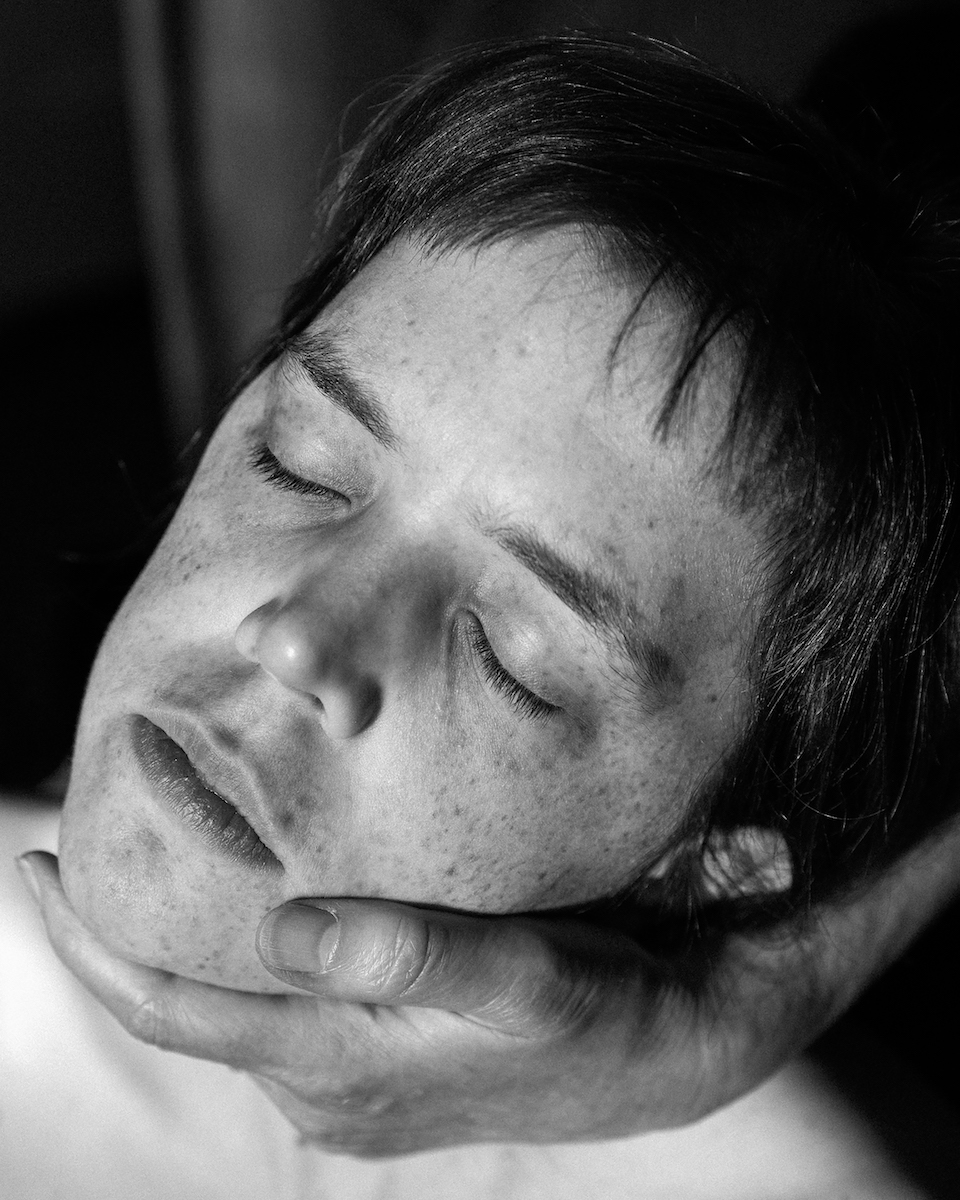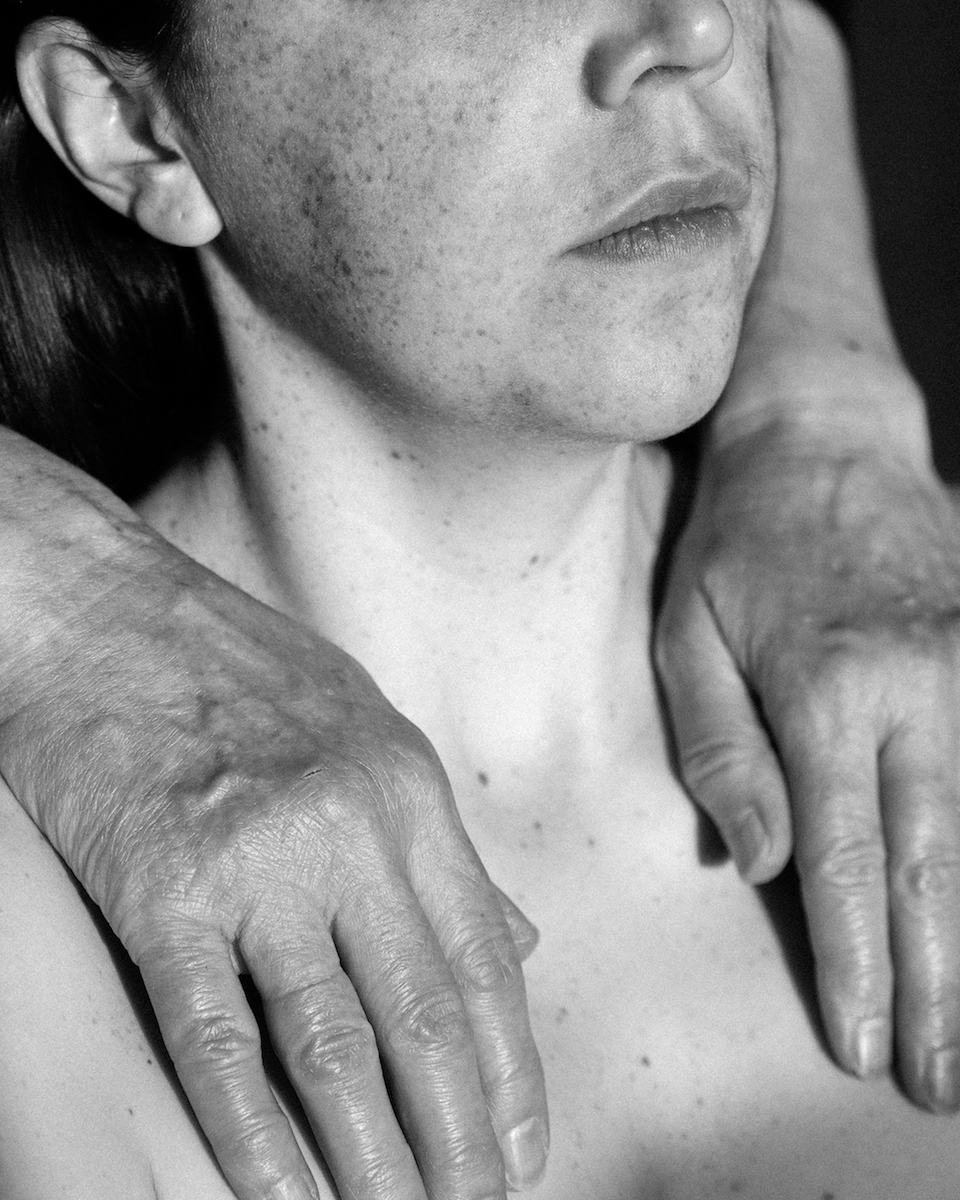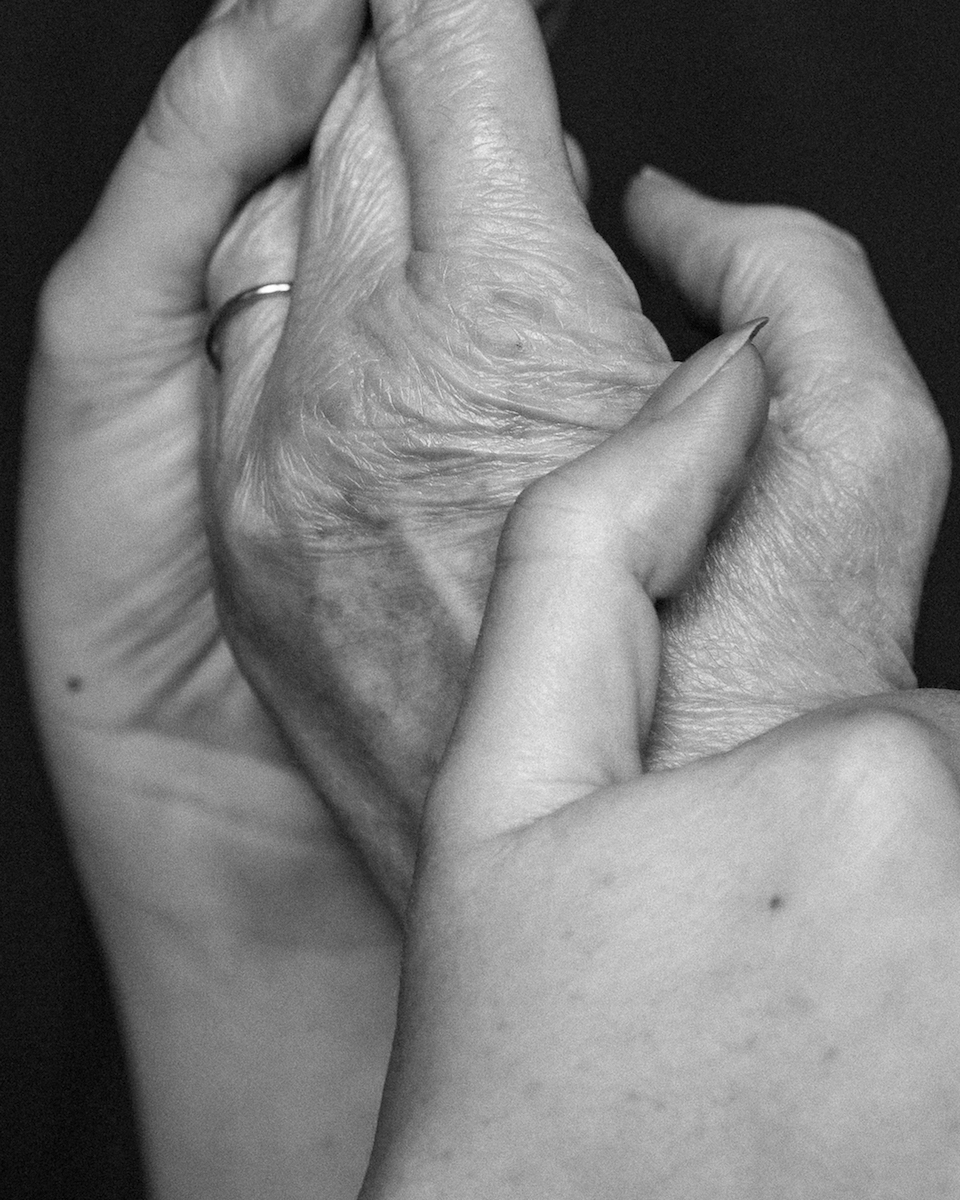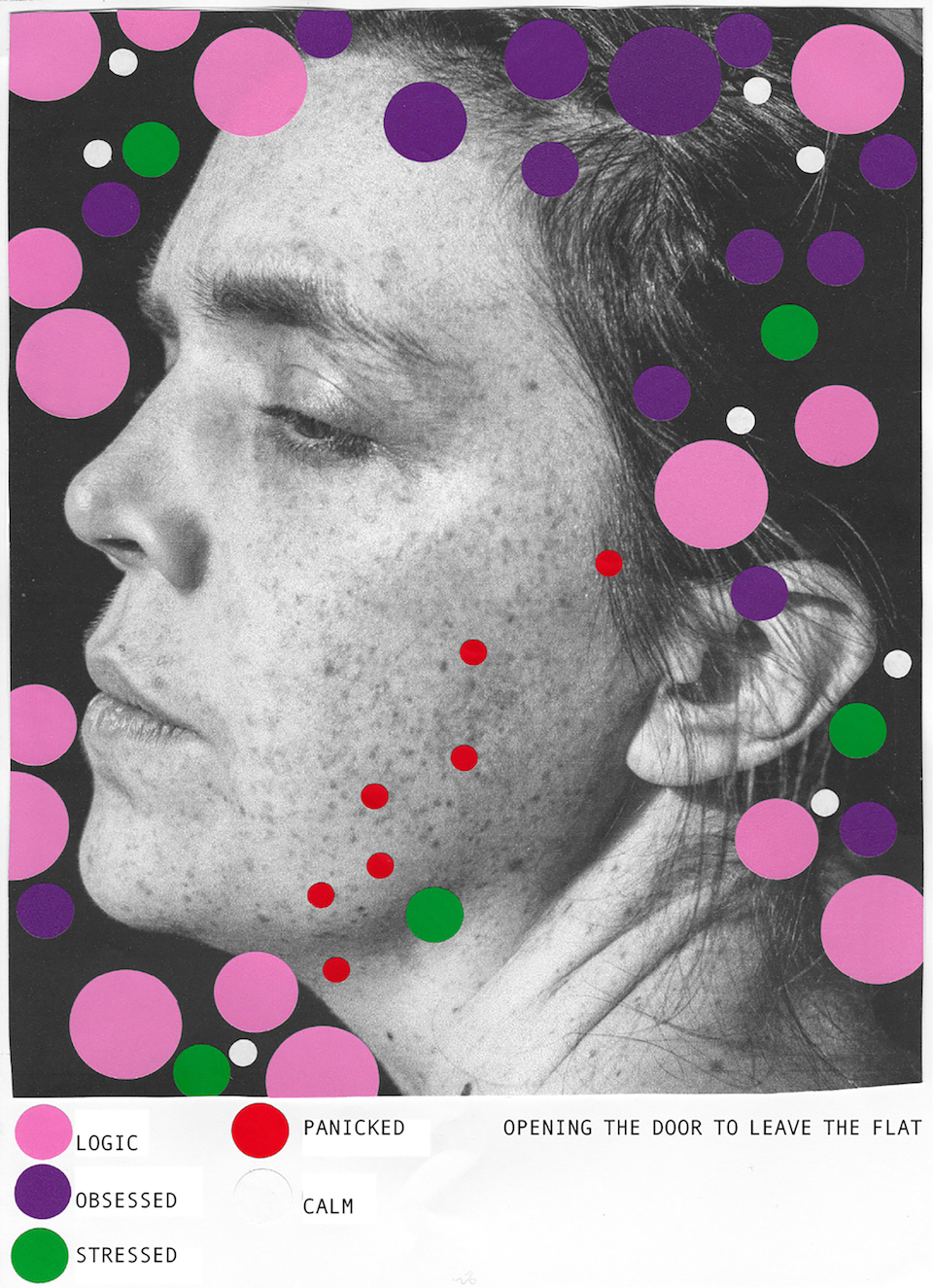Above: Image © Hannah Norton, Portrait of Britain 2021 Winner.
For photographer Hannah Norton, the unique public nature of Portrait of Britain allowed her to challenge misconceptions of Obsessive Compulsive Disorder.
Portrait of Britain is an award capturing the many faces of modern Britain. Vol. 6 is now open for entries, learn more here.
“The acronym – OCD – is so trivialised,” says Portrait of Britain-winning photographer, Hannah Norton. “If those three letters didn’t exist and you had to say ‘Obsessive Compulsive Disorder’ each time, perhaps reality would hit.” Norton has a point: those three letters roll off the tongue easily. You will often hear someone say “I am a bit OCD”, referring to a certain particularity or cleanliness ritual. It’s a phrase which is bandied about with little thought, or indeed relation to the reality of the mental health condition which, through repetitive, unwanted and intrusive thoughts and excessive urges, can cause severe distress.
Obsessive Compulsive Disorder, reflects Norton, “is 24 hours a day, unrelenting, emotional and, at its worst, a life-ruining mental health condition.” Norton’s words are deeply personal. In March 2020, her mother underwent a mastectomy as part of ongoing cancer treatment. Five days later, England went into a national lockdown. The timing was uncomfortable and created “the perfect storm”, which manifested in her sister Katie developing Obsessive Compulsive Disorder.
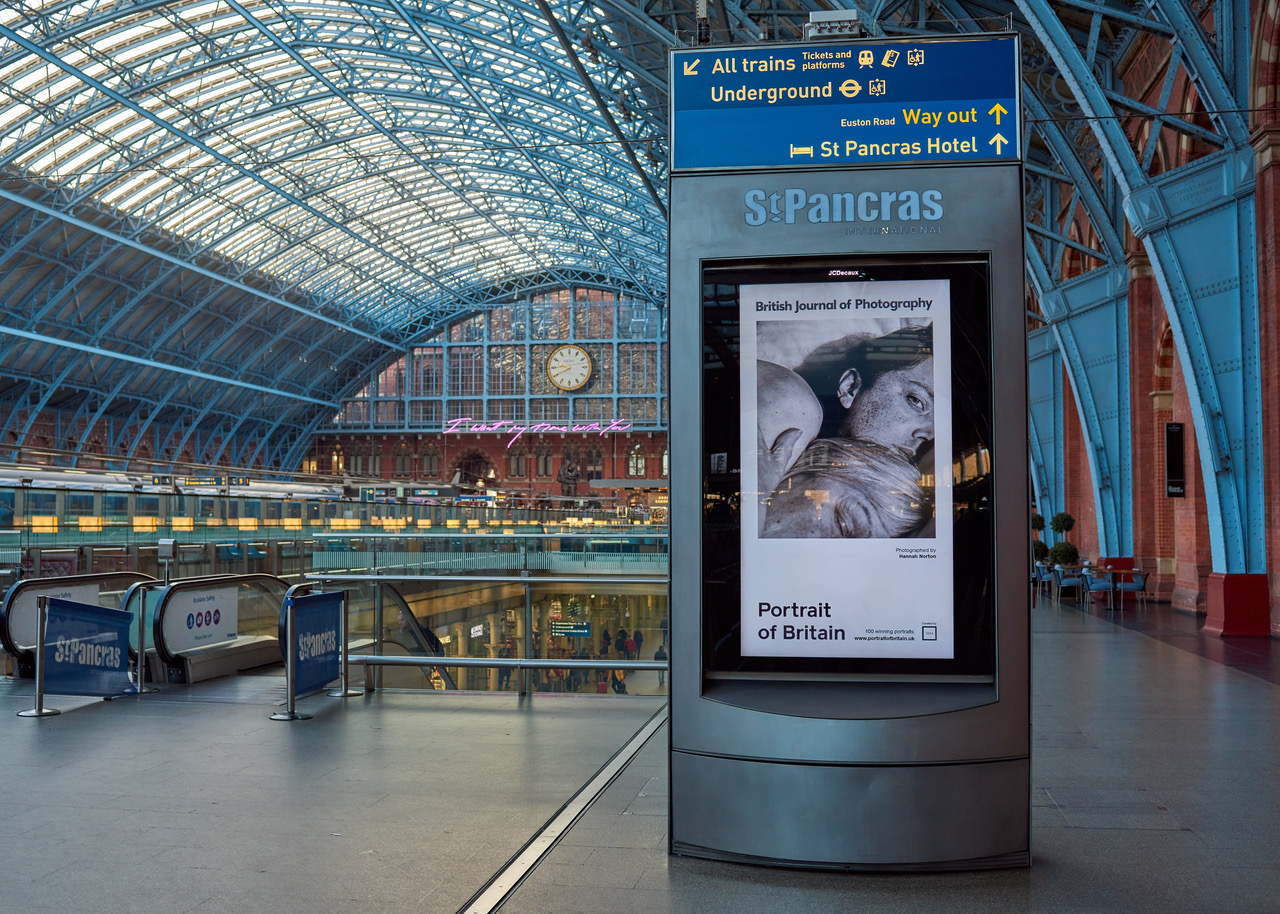
For Norton, winning Portrait of Britain meant that a tender photograph of her mother and sister – taken from within the family home in the midst of the Christmas national lockdown – was now an opportunity to confront the British public with an alternative visual representation of Obsessive Compulsive Disorder. Portrait of Britain is the UK’s largest annual photography exhibition: a celebration of the diversity and changing face of modern Britain. Run in partnership with JCDecaux, the award sees 100 winning portraits beamed into public spaces across the UK. Shortlisted photographs are featured in a photo book printed by Hoxton Mini Press. The public nature of the award meant that Norton’s original intention for the work – to challenge and dispel common misconceptions about the condition – was given a far larger platform.
Norton’s winning image is intentionally without context, tightly cropped and somewhat abstract. “It is not like Katie is washing her hands,” says Norton. The portrait captures a certain emotion. “For me, it is important that the work I make presents a new way of seeing something that we otherwise think we know everything about,” she says. “I don’t think people associate tenderness with Obsessive Compulsive Disorder, but this photograph is very tender.” She describes the image as tactile, and how, in being just that, it explores the idea of touch being “love, tender and security, but, for Katie, it can also mean contamination, fear and dread”.
As a winner of Portrait of Britain, Norton’s photograph was displayed in public spaces all over the UK, giving the image and its subject matter a far greater public forum than had it been shown in a conventional gallery setting. In doing so, the portrait presented itself to members of the public who perhaps would not seek out photography, or indeed imagery that depicts the realities of living with a mental health condition. Portrait of Britain is inherently democratic in that sense. “It is beautiful because people from my hometown have seen the portrait in Nottingham train station and recognise it as my mum and sister,” says Norton. “It was displayed in St Pancras which is where I get the train back home. It was in Waterloo. It was in Birmingham, which is where my Dad’s family are from.”
For Norton, having her portrait feature in Portrait of Britain has been a unique experience, impacting both her work as a photographer and her as an individual. Seeing such a personal portrait – after all, the subjects are her mother and her sister, both in the midst of serious health battles – in such a public exhibition, had an emotional impact on Norton. “It was really surreal and quite emotional,” she says. “I am so incredibly proud of them. They have both been so brave through their experiences.”
Being selected as a Portrait of Britain winner has also benefited Norton’s wider series, Twenty Seconds to Safety. Her intention in making the work was always to initiate discussion around Obsessive Compulsive Disorder. “I wanted to find a way to give space to Katie’s emotions, so that a stranger could have an insight into what it felt like,” she says. “That was really important and I felt photography could do that.” In that sense, reflects Norton, “the public nature of Portrait of Britain is so fitting”.

